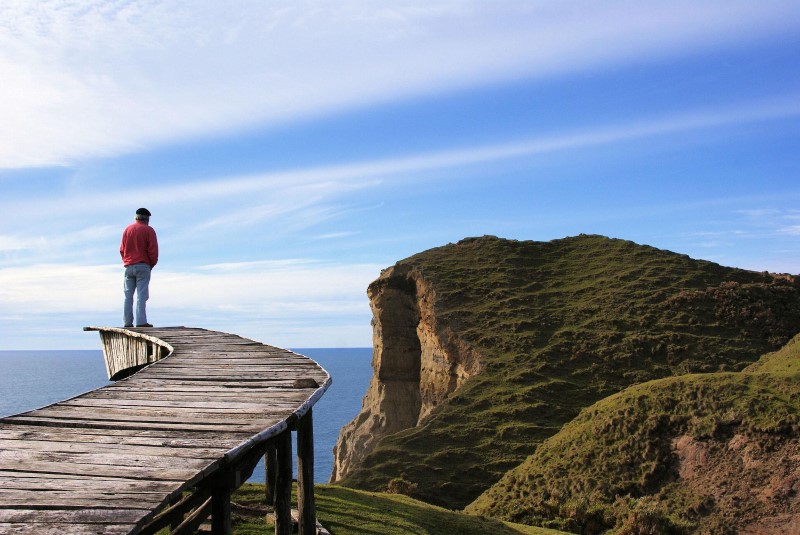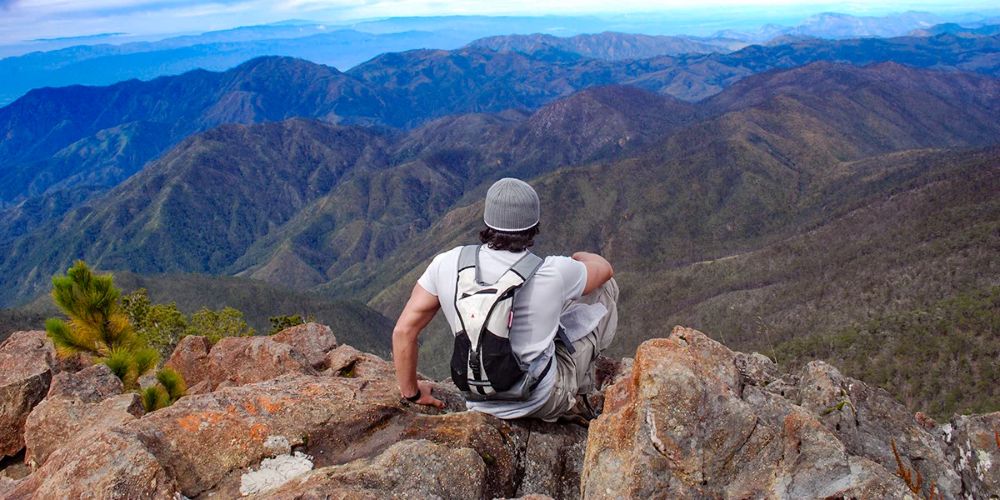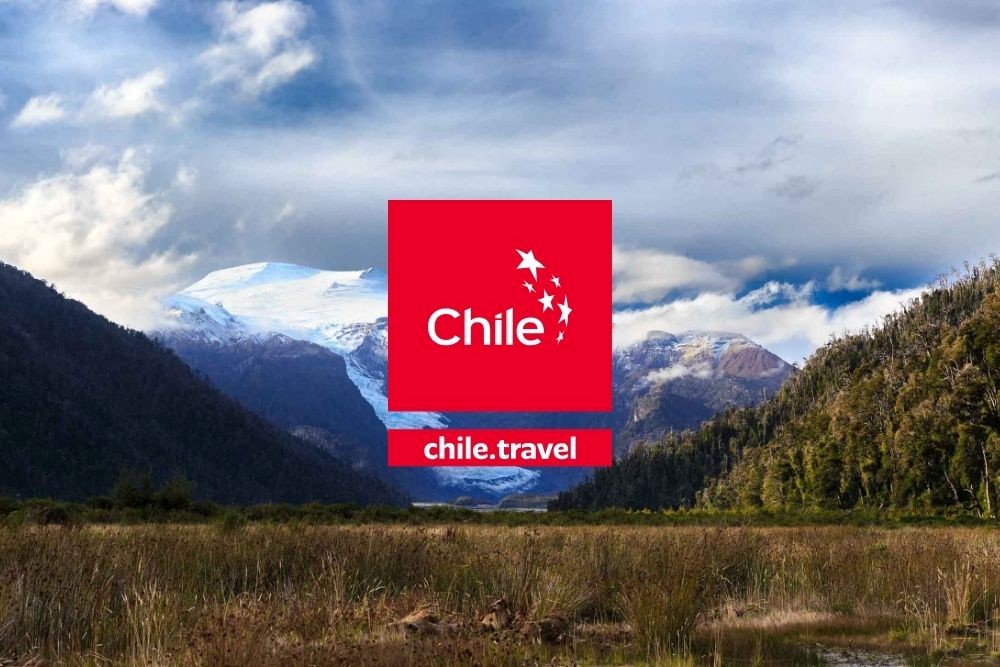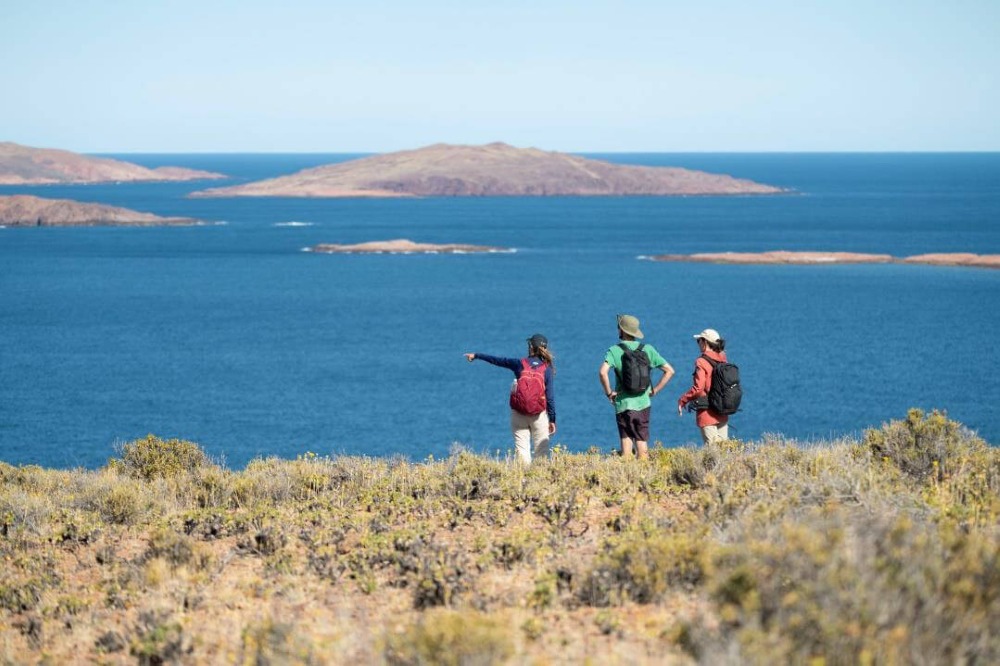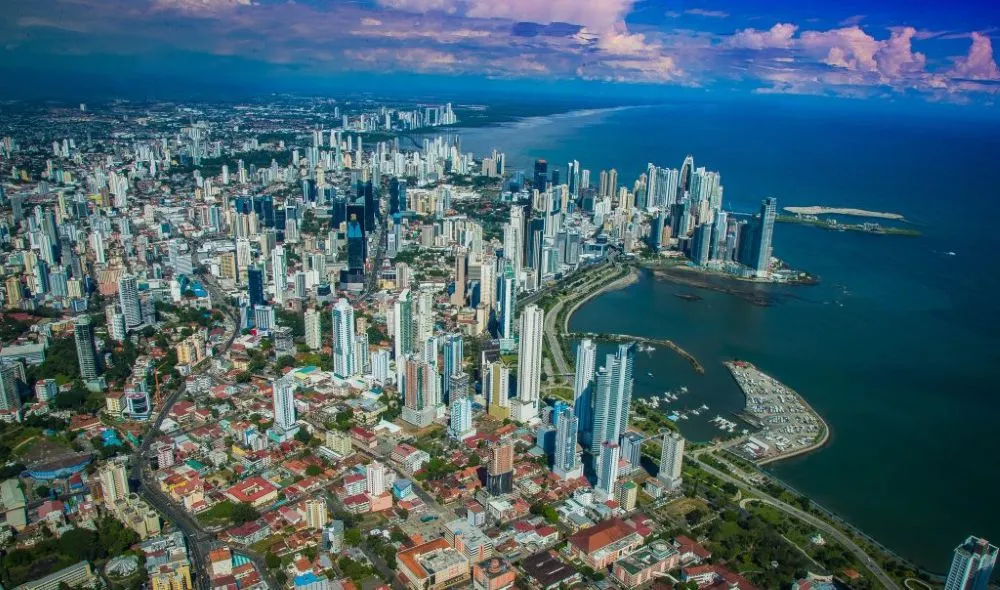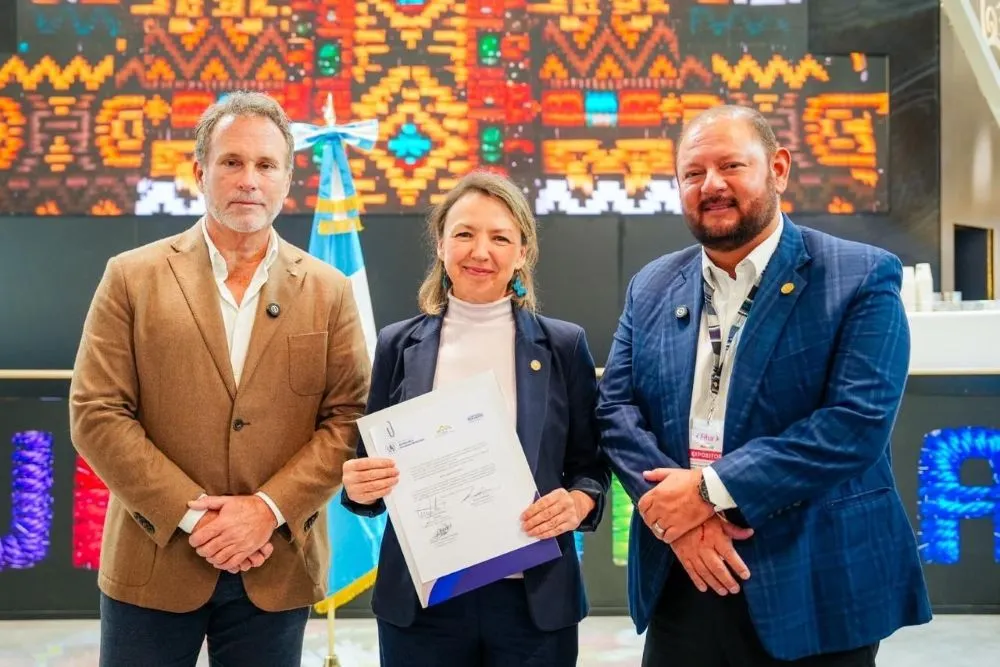At its core, travel is a quest for discovery, escape and connection. But at a time when sustainability is at the heart of global concerns, a new form of tourism is emerging that goes beyond mere conservation: regenerative tourism.
Unlike sustainable tourism, which aims primarily to reduce the negative impact of travel, regenerative tourism aims to leave a positive imprint on destinations. It is not just about preserving, but enriching, revitalising and strengthening local ecosystems and communities.
At the heart of this approach is the idea that travellers can be agents of change. Rather than simply being consumers of landscapes and cultures, they become active contributors to the regeneration of the places they visit. This can take the form of concrete actions, such as taking part in reforestation projects, restoring cultural heritage or supporting local economic initiatives.
Latin America, with its rich biodiversity and ancestral cultures, is particularly well-suited to this form of tourism. The region, with its varied landscapes ranging from Amazonian forests to Caribbean beaches, offers an ideal backdrop for regenerative tourism experiences. But beyond nature, it’s the warmth and richness of the local communities that make the difference, transforming every trip into an experience of exchange and sharing.
But why this need for regeneration? The answer is simple: the impact of mass tourism. Popular destinations, victims of their own success, are seeing their ecosystems threatened and their local cultures diluted. Regenerative tourism offers an alternative, placing regeneration and responsibility at the heart of the experience.
The benefits are numerous. As well as preserving and enriching the environment, regenerative tourism strengthens the bonds between travellers and host communities. It transforms travel into a more authentic, profound and meaningful experience.
In short, regenerative tourism is not a passing fad. It’s a long-term vision, a new way of travelling that puts the well-being of the planet and its inhabitants at the heart of the adventure. It’s an invitation to rediscover the world, not as a mere spectator, but as a committed player in its preservation and regeneration.
Regenerative tourism: a necessary evolution
Rafael Cobo, senior consultant at Impact Hub Madrid, believes that the current tourism model is unsustainable and advocates regenerative tourism. In his view, this approach goes beyond simple conservation and aims to revitalise and repair the damage caused by traditional tourism. This new form of tourism focuses on the living system as a whole, be it a town, village or region, and seeks to revitalise its essence and future potential.
Regenerative tourism is not just about restoring the environment, but also about revitalising local communities and creating a positive net impact. It is a holistic approach that takes into account the different aspects of a region, such as social, cultural, natural and economic capital.
Regenerative tourism is a necessary evolution in the way we think about and work with tourism. It is an approach that goes beyond simple conservation and aims to regenerate and revitalise tourist destinations. It is an invitation to rediscover the world as a player committed to its preservation and regeneration.

